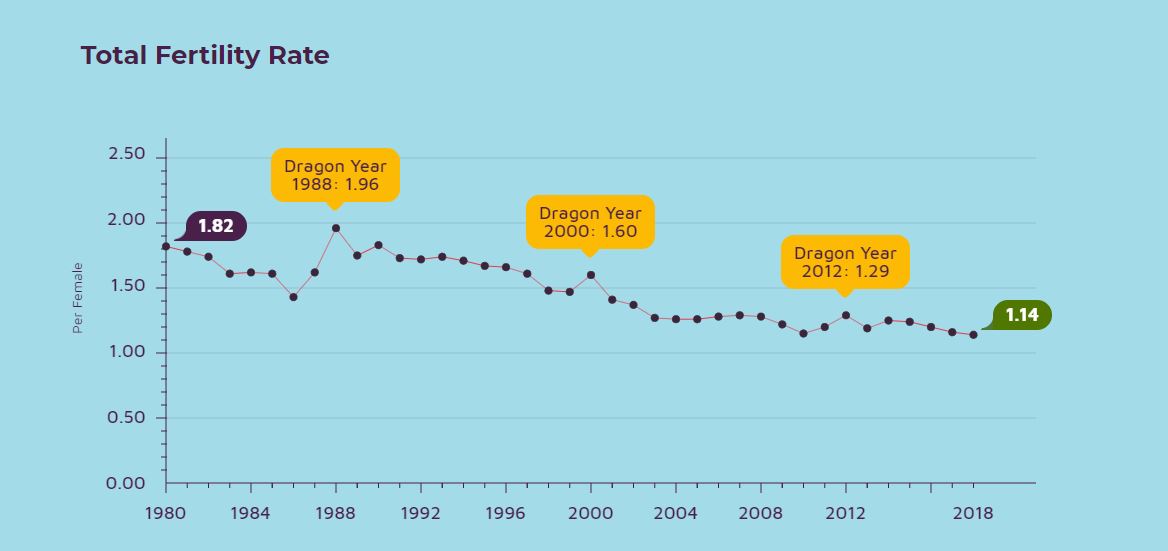ILC Survey Claims S’poreans Make Fewer Babies Because Of Work Stress
This should hardly come as a surprise. Singaporeans are known for their forward-looking hardheadedness. In other words, money and career matter a lot.
The consequence is that in pursuing the messianic dollar, we inadvertently lose our mood to procreate, or more directly, for sex. This is, at least, according to a survey conducted on 1,000 participants by voluntary welfare organisation I Love Children (ILC).
Long working hours and work stress ranked among the topped reasons for obstacles preventing S’poreans from having more babies.
S’poreans often overlook fertility issues
The president of ILC said at the launch of ILC’s fertility campaign that fertility issues is a matter that is frequently overlooked by Singaporeans.
 ILC event in July at Compass Point
ILC event in July at Compass Point
Source
The survey showed that 40% of participants faced difficulties in conceiving a child, but the reasons were not revealed.
Among the participants also, almost 70% were of the impression that assisted reproduction methods such as artificial insemination and in-vitro fertilisation are an all-cure to reproductive woes. In fact, the success rate of assisted reproduction methods is lower than 50% — and that probability falls with age.
Just being fit isn’t enough for conceiving
Many people seem to believe that being healthy and fit means you should have no problem conceiving.
ILC says that isn’t true. Couples can be infertile even if they are both physically fit. In order to conceive, couples should have sex at least 2-3 times a week. But of course, you shouldn’t overdo it. According to health website Flo, having sex too many times can decrease the number and quality of the sperm, and hence reduce the success rate.
ILC also advises couples to go for occasional fertility checkups to make sure there aren’t any underlying medial conditions that are hindering them from conceiving.
S’poreans should make more babies
As we all know, Singapore is approaching dangerous territory when it comes to an ageing demographic. Our fertility rate has fallen to an all-time low of 1.14, way below the healthy replacement rate of 2.1
So let’s work together and try to get that number up. And this means, first of all, being aware of fertility issues and how it can affect your chances of conceiving a child.
Featured image from Pregnancy & Baby.










